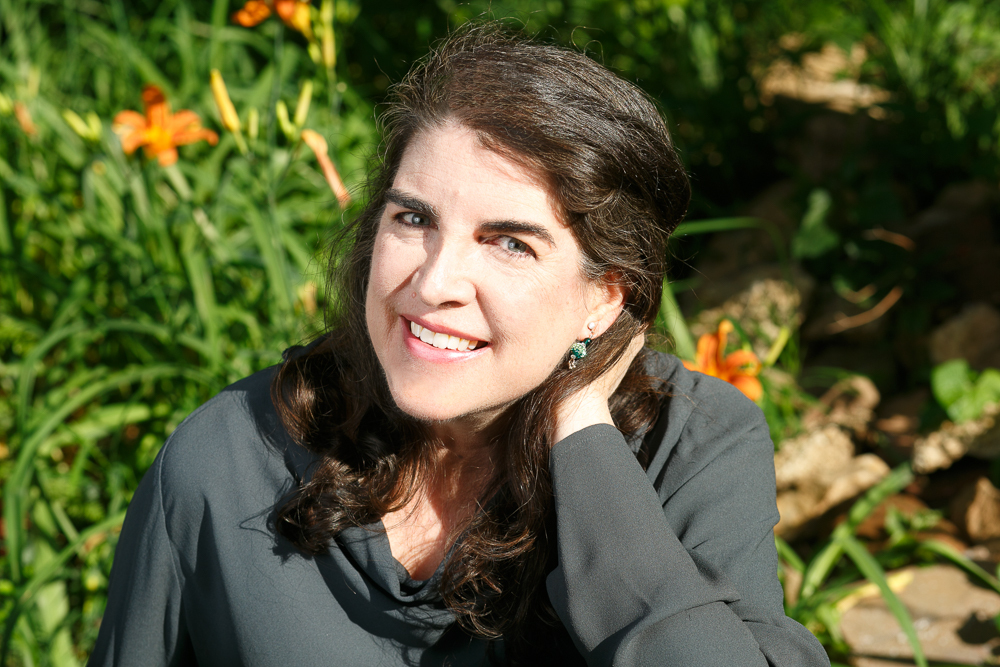Nursing Home Costs Soared in July
The cost of nursing home and adult care grew by the largest amount in July — have you made a plan?


Profit and prosper with the best of Kiplinger's advice on investing, taxes, retirement, personal finance and much more. Delivered daily. Enter your email in the box and click Sign Me Up.
You are now subscribed
Your newsletter sign-up was successful
Want to add more newsletters?

Delivered daily
Kiplinger Today
Profit and prosper with the best of Kiplinger's advice on investing, taxes, retirement, personal finance and much more delivered daily. Smart money moves start here.

Sent five days a week
Kiplinger A Step Ahead
Get practical help to make better financial decisions in your everyday life, from spending to savings on top deals.

Delivered daily
Kiplinger Closing Bell
Get today's biggest financial and investing headlines delivered to your inbox every day the U.S. stock market is open.

Sent twice a week
Kiplinger Adviser Intel
Financial pros across the country share best practices and fresh tactics to preserve and grow your wealth.

Delivered weekly
Kiplinger Tax Tips
Trim your federal and state tax bills with practical tax-planning and tax-cutting strategies.

Sent twice a week
Kiplinger Retirement Tips
Your twice-a-week guide to planning and enjoying a financially secure and richly rewarding retirement

Sent bimonthly.
Kiplinger Adviser Angle
Insights for advisers, wealth managers and other financial professionals.

Sent twice a week
Kiplinger Investing Weekly
Your twice-a-week roundup of promising stocks, funds, companies and industries you should consider, ones you should avoid, and why.

Sent weekly for six weeks
Kiplinger Invest for Retirement
Your step-by-step six-part series on how to invest for retirement, from devising a successful strategy to exactly which investments to choose.
The cost of nursing homes and adult care grew by 2.4% in July, the biggest increase in any month since 1997. Figures from a Bureau of Labor Statistics (BLS) report published recently showed that the growth in price has been especially volatile this year.
Nursing home costs rise after a dip
The national average cost of nursing homes almost never declines. In fact, the cost was negative (or declined) for only five months in the last quarter century (the months between 1997 and 2022). So it is a surprise to see three months of decline in 2023 — in April, May and June. Still, the total 1.2% percent dip in those three months was more than offset by the 2.4% cost increase in July.
It's difficult to say whether the July price jump was an aberration, or indicative of future price increases. This unusual volatility likely shows an industry struggling to regroup after the disruptions of the pandemic, which hit nursing homes particuarly hard.
From just $107.88 $24.99 for Kiplinger Personal Finance
Become a smarter, better informed investor. Subscribe from just $107.88 $24.99, plus get up to 4 Special Issues

Sign up for Kiplinger’s Free Newsletters
Profit and prosper with the best of expert advice on investing, taxes, retirement, personal finance and more - straight to your e-mail.
Profit and prosper with the best of expert advice - straight to your e-mail.
The truth is that nursing home and adult care is very expensive; most people spend over $7,000 in out-of-pocket costs each year. The high cost is likely due to several factors — increased demand from a rapidly aging population, inflation and a shortage of qualified nurses top the list. One bright spot? The U.S. Government plans to direct more funding to support the nursing workforce, though the effect of the program will take time to show up in the preparedness and availability of nurses.
Why does the cost matter?
For most active, middle-aged people, it’s hard to imagine that one day you might need significant nursing care. Yet 70% of adults who survive to age 65 need at least some long-term support before they die and 48% receive some paid care, according to a study by The Urban Institute.
I have seen first-hand how challenging such long-term care can be for a family.
My mother's goal was to age in place in her home of over 50 years. She took excellent care of her health and her formidable intellect. She worked with financial planners to invest with growth in mind, in case she was long-lived. She was determined that her children should not be burdened with her care.
So it was a blow when she developed dementia at 80. That was 13 years ago, and my family has managed her care throughout that time. We kept her in her home with a cadre of nurses — 26 in all over the years. We also managed the upkeep of her home and finances. It was, to say the least, exhausting, especially when adding in our own careers and families.
After about ten years, we realized Mom needed a much higher level of care, so we moved her to an excellent memory care facility. She's doing well, and we've appreciated having time just to be with her, rather than manage her care.
The upshot
My story isn't unusual, except that our mother had paid excellent attention to her financial planning. Her thoughtfulness has allowed us to move her to a high-quality nursing home, and if she lives to 100, she will likely be covered financially.
Could your family say the same thing? Do you know the range of costs in your area? For example, the typical annual cost of a nursing home ranges from $59,495 for a shared room in Louisana, up to an annual cost of $380,000 in parts of Alaska.
While Medicare may cover some of your expenses, you would be wise to work with a professional to get your long-term care planning on the right track. If you have kids, you'll be doing them an enormous favor.
Profit and prosper with the best of Kiplinger's advice on investing, taxes, retirement, personal finance and much more. Delivered daily. Enter your email in the box and click Sign Me Up.

Ellen writes and edits retirement stories. She joined Kiplinger in 2021 as an investment and personal finance writer, focusing on retirement, credit cards and related topics. She worked in the mutual fund industry for 15 years as a manager and sustainability analyst at Calvert Investments. She earned a master’s from U.C. Berkeley in international relations and Latin America and a B.A. from Haverford College.
-
 Ask the Tax Editor: Federal Income Tax Deductions
Ask the Tax Editor: Federal Income Tax DeductionsAsk the Editor In this week's Ask the Editor Q&A, Joy Taylor answers questions on federal income tax deductions
-
 States With No-Fault Car Insurance Laws (and How No-Fault Car Insurance Works)
States With No-Fault Car Insurance Laws (and How No-Fault Car Insurance Works)A breakdown of the confusing rules around no-fault car insurance in every state where it exists.
-
 7 Frugal Habits to Keep Even When You're Rich
7 Frugal Habits to Keep Even When You're RichSome frugal habits are worth it, no matter what tax bracket you're in.